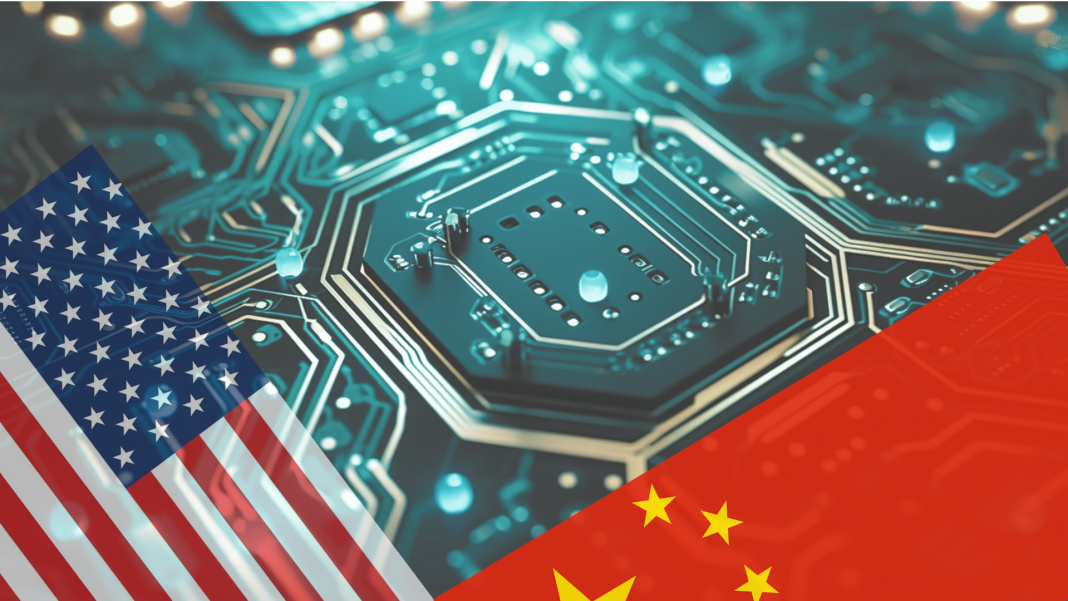The US wants Europe to adopt stronger limits on high-tech goods trade with China. In response, the EU should insist the US stick with de-risking, not decoupling, and demand greater transatlantic economic co-operation. US leaders frequently describe America’s rules on trade with China as imposing a “small yard with a high fence”. Rather than decoupling the US and Chinese economies, Washington says it is only interested in stopping exports to China for a limited number of sensitive goods. Washington is, however, steadily expanding the size of the yard – and the fence is increasingly entangling European firms including, most recently, German companies Zeiss and Trumpf. To protect its interests, the EU should adopt the recent recommendations of former Italian prime minister Enrico Letta to develop a single European approach to economic security – and pressure Washington to keep its yard small. Take advanced computer chips, and the machinery to build them. Fearful of China’s potential uses of AI for advanced weaponry, Biden abandoned Washington’s previous doctrine of allowing China to develop its chip-making prowess as long as it stayed several generations behind the cutting edge. Now, the US wants to limit China’s chip-making development as far as possible.
Authors: Sander Tordoir, Chief Economist; Zach Meyers, Assistant Director, Centre for European Reform.
This article is available on the Centre for European Reform website.



